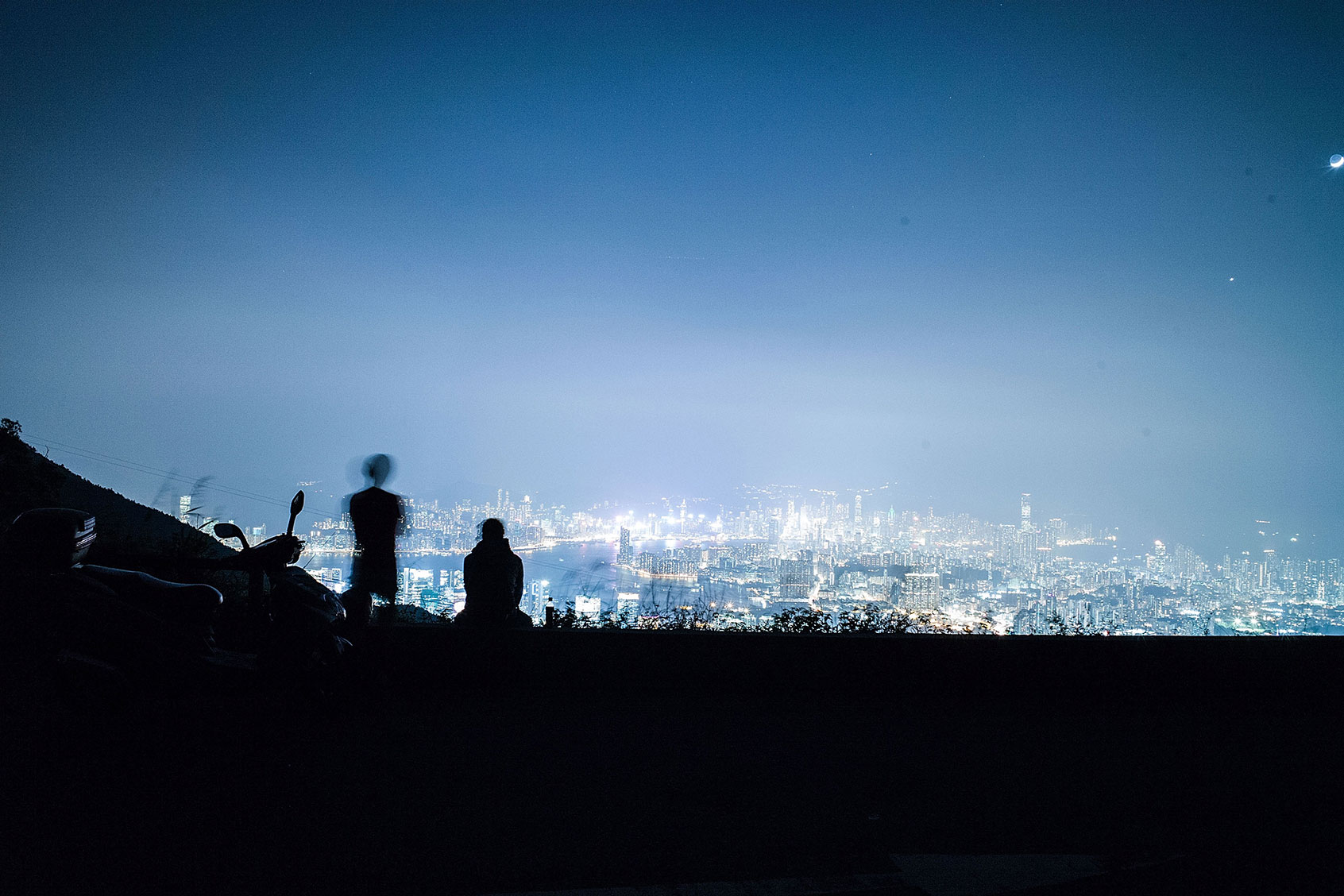Our night sky is rapidly disappearing. At our current rate of dumping excess light into the world, a child born today who could see 250 stars right now from their nearby night sky will only be able to see 100 stars from that same spot on their 18th birthday.
Light pollution does far more than ruin stargazing experiences — it has a devastating affect on the environment. Driven primarily by unchecked urbanization, light pollution disrupts firefly mating rituals, lengthens pollen season and makes navigation more difficult for diverse species ranging from monarch butterflies to Atlantic salmon. It isn’t good for human health, either. Too much artificial light has been linked to an increased risk of depression while electronic devices can negatively impact our sleep.
“If we can’t do this to simply not waste light… then we will have failed the fundamental test of progress and change into the next 50 years.”
Globe at Night regularly monitors the sky, but not because these astronomers are casually sky gazing for fun. They are citizen scientists from all over the world united by a common goal: The need to monitor the sky and measure light pollution, or excess artificial lighting that has a negative impact on the natural environment. They discovered that the night sky on average gets 9.6% brighter every year.
Considering the seriousness of the light pollution problem, one would think that it’s impossible to solve. In fact, it would be quite easy for people to reduce light pollution both for their own sake and that of animals in their environment. After all, light pollution exists entirely as a result of human behavior.
“Light pollution is rooted in long-standing global trends of ever-increasing urbanization, industrialization and population growth.”
“The causes of light pollution are many, all related to our planet’s global changes over the last two centuries, and especially over the past few decades,” Andrea Bonisoli Alquati, an associate professor of biology at California State Polytechnic University, Pomona, told Salon by email. “Light pollution is rooted in long-standing global trends of ever-increasing urbanization, industrialization and population growth.”
Alquati added, “It also depends on more recent phenomena, such as the increased reliance on billboards and illuminated signs.”
Travis Longcore, an adjunct professor of environmental science and engineering at the University of California Los Angeles Institute of the Environment and Sustainability, detailed the ways that ordinary people can make a difference.
“Do things like turning the lights out when you don’t need them, which I learned growing up inside, but it applies to outside as well,” Longcore told Salon. “Simply testing when you need to have lights on all the time, limiting the amount of what I refer to as ‘vanity lighting,’ some people would call architectural lighting.” Longcore also urged people to start “focusing light where it needs to be and make sure that it’s not shining where it doesn’t. A lot of people put in lights that they just shine off in a direction that ends up simply being glare and light collection.”
Want more health and science stories in your inbox? Subscribe to Salon’s weekly newsletter The Vulgar Scientist.
“If you light too brightly for the conditions, you’ve made the shadows darker.”
Sometimes, the solution is “simply doing something like shielding light so that it’s going down onto the surfaces that it needs to,” Longcore continued. “If we care about wildlife as well, we also want to keep it from shining into wetlands and other sort of habitats, beaches, etc.” He added that all wasted light does is to light up the undersides of birds and airplanes. In other words, it’s useless. Overall, Longcore argued, it comes down to common sense. Even if people do not reduce light pollution for the environment, they should do so for their own sake.
“If you light too brightly for the conditions, you’ve made the shadows darker!” Longcore pointed out. “Actually often people are doing this on an individual level for quote unquote security lighting. You actually make the shadows darker and make people within them essentially invisible.”
As for outdoor lighting, people who care about wildlife “should be using longer wavelength light — yellow and red as opposed to full spectrum light or blue light,” Longcore said. “That’s because of the physical properties of blue light. It’s because of the way that the visual systems of organisms have evolved to be most sensitive to those, middle and shorter ways of light.”
As he had said at the beginning of his impassioned explanation, Longcore told Salon that “I think it’s an important issue to work on the solutions because they are so win-win that if we can’t do this to simply not waste light… Then we will have failed the fundamental test of progress and change into the next 50 years.”
Although individual changes can help reduce light pollution, Alquati elaborated on the systemic issues that produce light pollution.
“These crises we are experiencing are broad and systemic,” Alquati wrote to Salon. “Individual actions are important for us to match our individual choices with our values, but they can’t address these crises alone. “
Observing that he uses the term “politically” to refer to “the broad sense of involvement in society,” Alquati urged that people can support projects like the Dark Sky Initiatives, as well as support regulations that reduce light pollution.
“We can express support and participate in campaigns that educate about the risks of light pollution to human and ecosystem health, and advocate for responsible lighting, and for turning lights off in our cities, especially at times that are crucial for the activities of organisms, such as during bird migration,” Alquati explained. “Crucially, we can also express support for research on the effects of light pollution and on the solutions to those deleterious effects.”
CORRECTION: An earlier draft of this article incorrectly quoted Longcore about lighting the undersides of airplanes to protect birds. The article has been updated.
Read more
about light pollution


